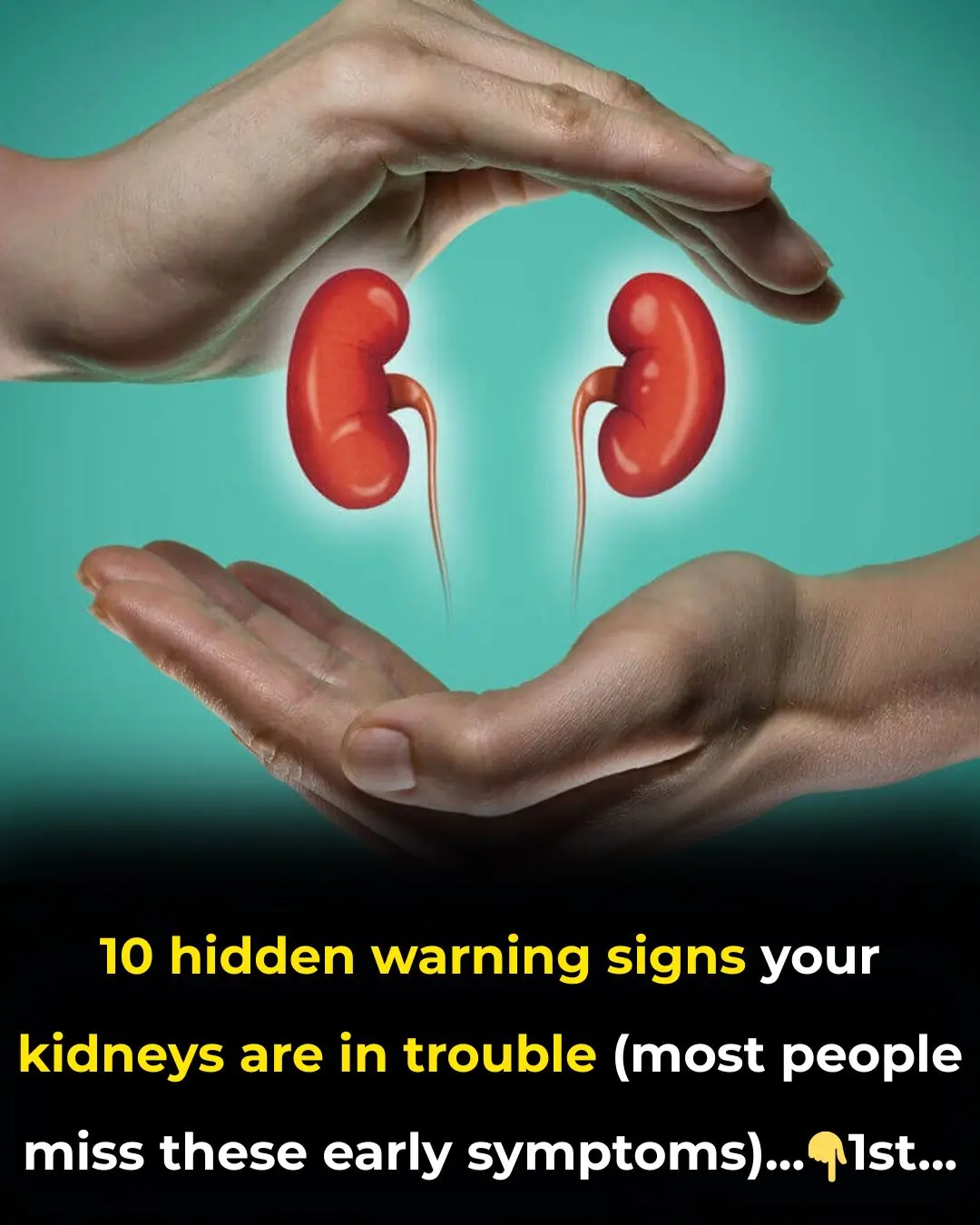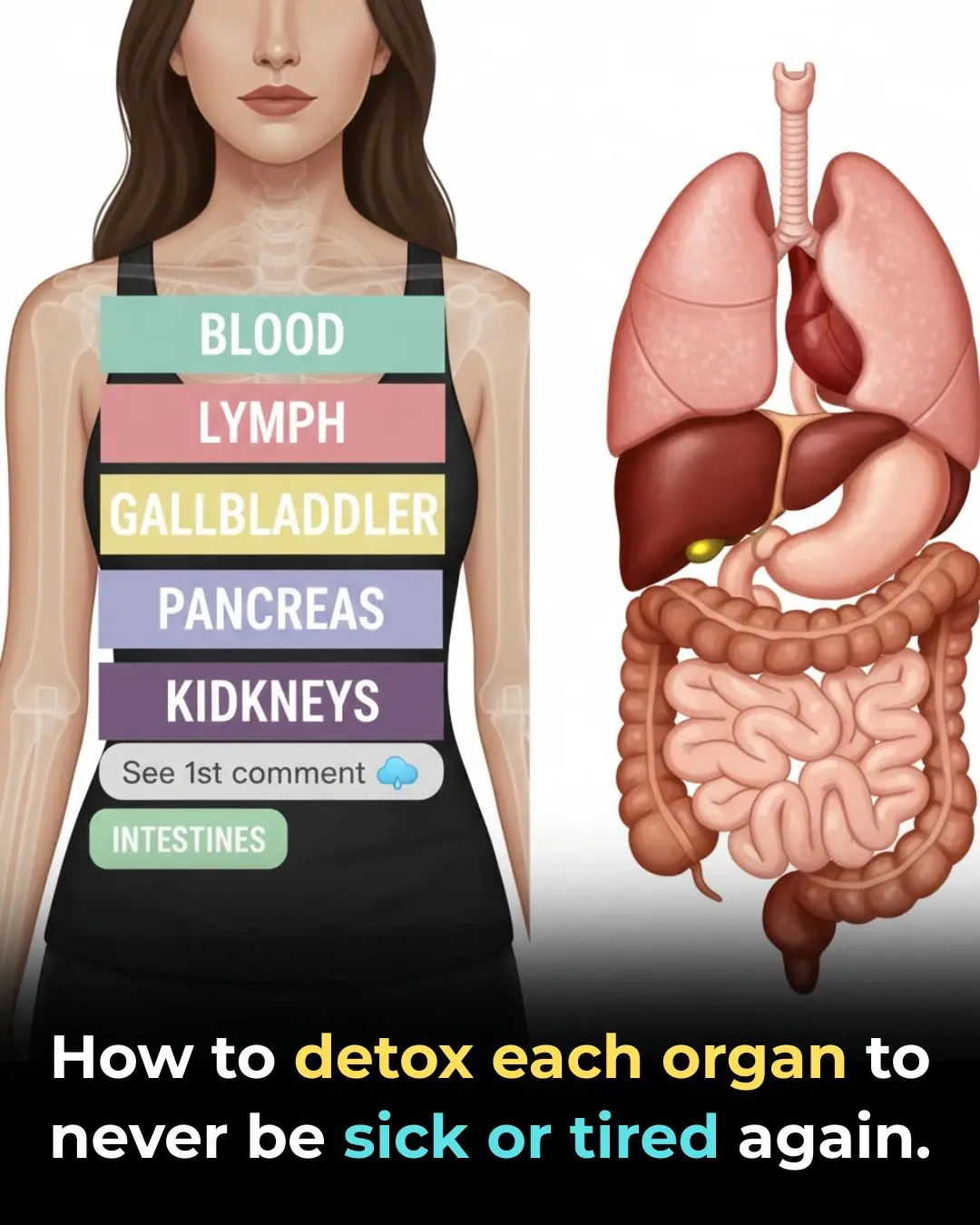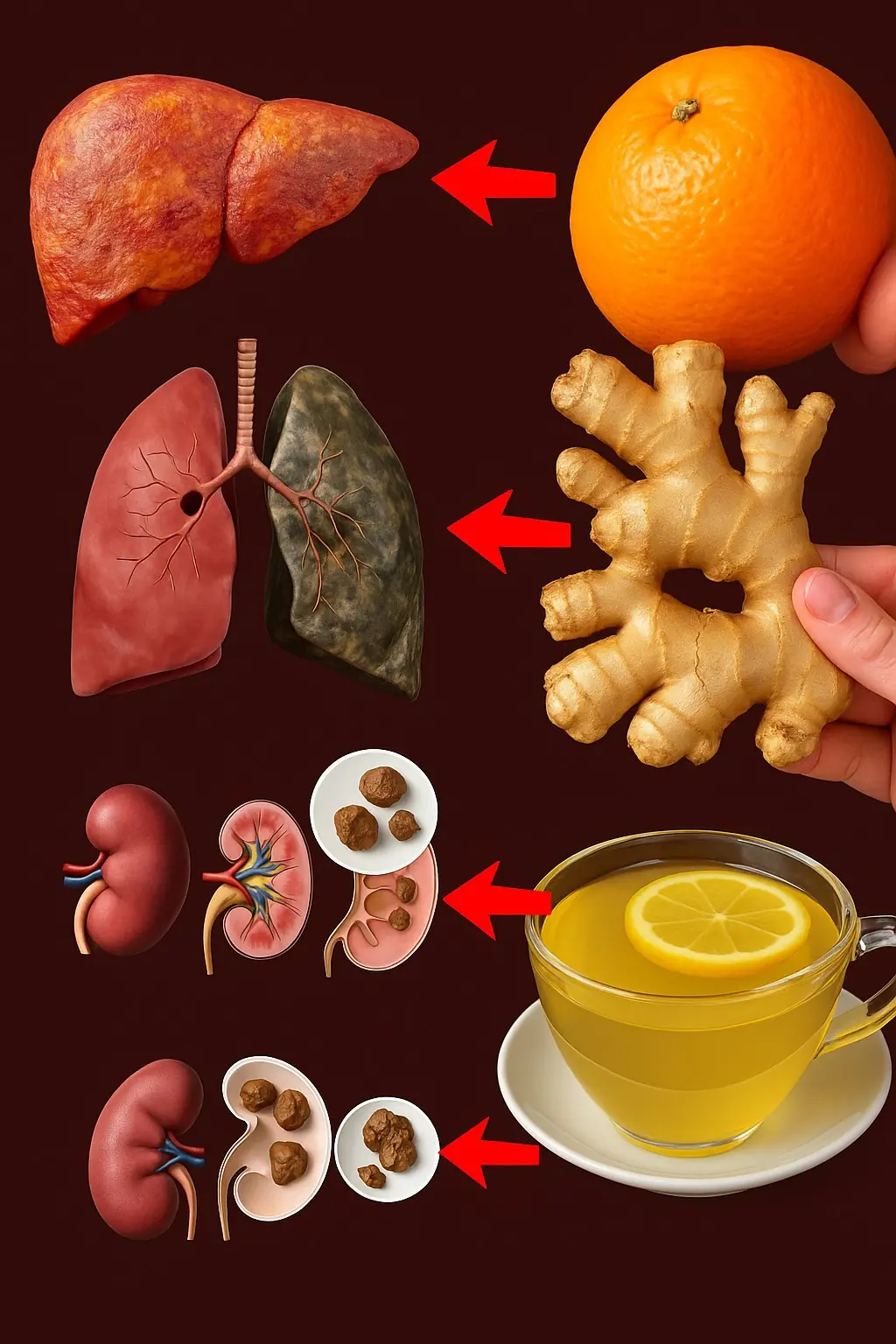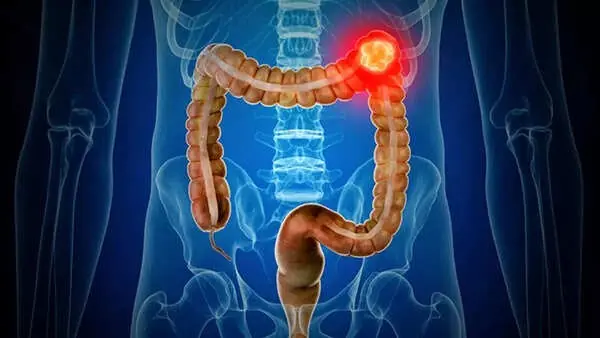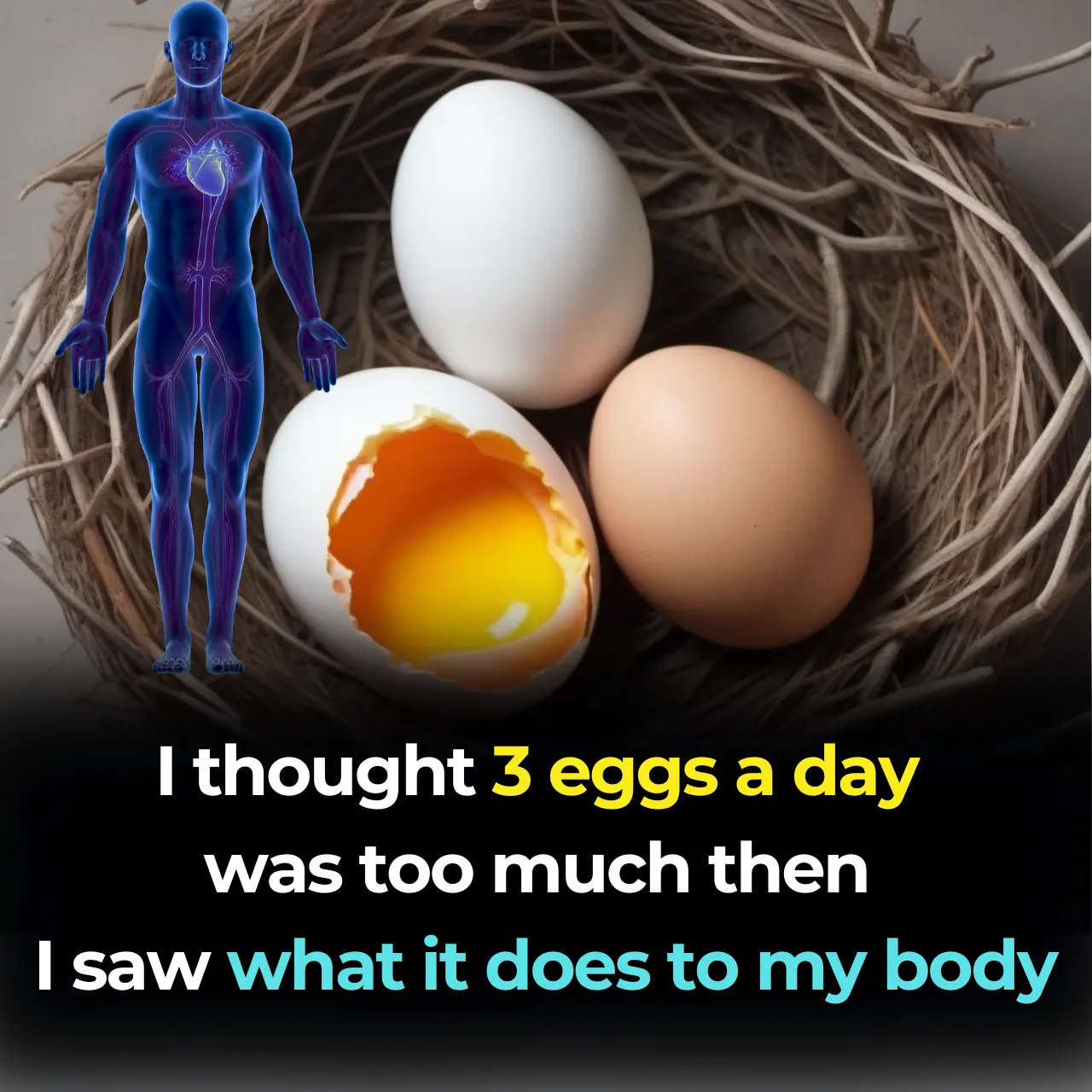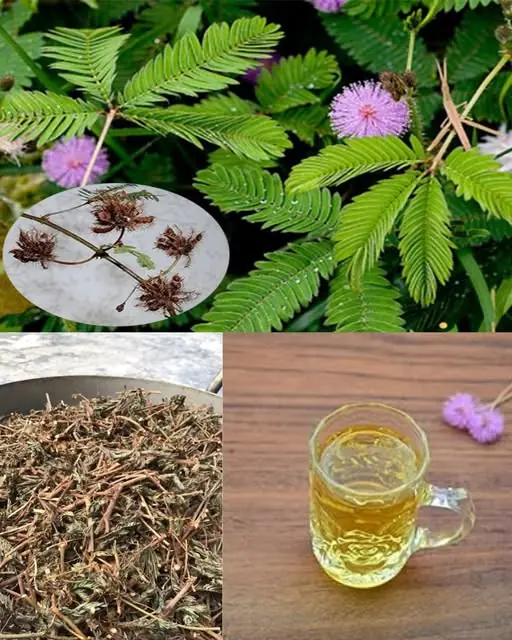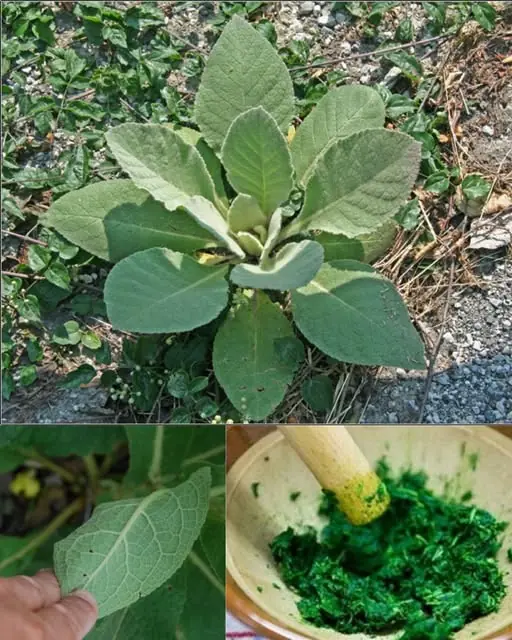Many people imagine parasites as a problem that only exists in very poor or remote areas, but in reality, they can affect anyone. Parasites are organisms that live inside your body and feed on your nutrients. Some are clearly visible in medical tests, but others may remain hidden for a long time, causing vague and confusing symptoms. Understanding these subtle signs can help you protect your health and seek proper treatment when needed.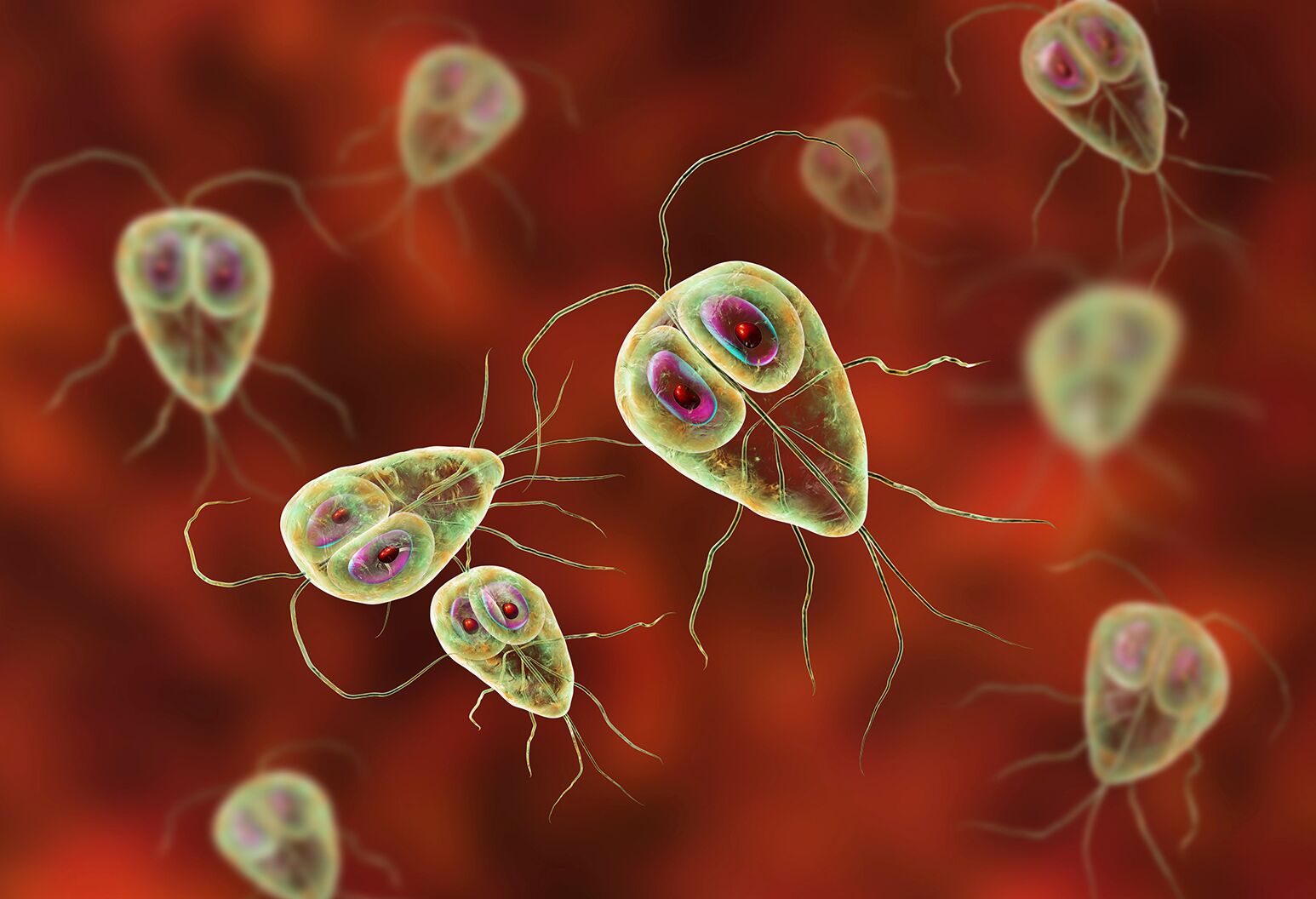
One hidden sign of parasites is constant fatigue. When parasites steal nutrients from your food, your body may not receive enough vitamins, minerals, and energy. You might sleep enough hours but still wake up tired, feel weak during the day, and struggle to concentrate. This tiredness can easily be mistaken for stress or overwork, so people often ignore it.
Digestive problems are another common clue. Parasites often live in the intestines, where they interfere with normal digestion. As a result, you might experience frequent bloating, gas, diarrhea, or constipation without a clear reason. Sometimes your appetite changes suddenly—you may feel extremely hungry even after eating, or you may lose your desire for food. Unexplained weight loss or weight gain can also be related to this imbalance in digestion and absorption.
Skin issues may also signal a parasite problem. Because parasites create inflammation and sometimes trigger allergic reactions, they can contribute to rashes, itching, redness, or unexplained pimples. Some people notice that their skin becomes more sensitive or that they develop eczema-like patches. While skin problems have many possible causes, persistent or mysterious changes can be a sign that something inside the body is not right.
Mood and sleep can be affected as well. Parasites and the toxins they release can influence your nervous system. You might feel unusually irritable, anxious, or depressed. Sleep disturbances, such as waking up often at night or grinding your teeth, sometimes appear in people with parasitic infections. Again, these symptoms are non-specific, but when combined with digestive issues and fatigue, they become more suspicious.
If you recognize several of these signs, it is important not to panic but also not to ignore them. The safest step is to visit a healthcare professional. Only proper tests and medical evaluation can confirm whether parasites are truly the cause. Self-diagnosing and using extreme “cleanses” can be risky for your body.
However, there are natural ways to support your body and make it less welcoming to parasites. First, focus on a clean and nutritious diet. Eating plenty of fiber from vegetables, fruits, and whole grains helps your intestines move waste out more efficiently. Garlic, pumpkin seeds, papaya seeds, and certain herbs like oregano and thyme are traditionally believed to have antiparasitic properties, and including them in moderation may support digestive health. Still, they should not replace prescribed medicine if you have a confirmed infection.
Hydration is another key point. Drinking enough clean water helps your body flush out toxins and maintain healthy digestion. At the same time, you should reduce sugar and highly processed foods, because these can weaken your immune system and create an environment where parasites may thrive.
Good hygiene is also a natural defense. Wash your hands regularly, especially before eating and after using the bathroom or touching animals. Make sure meat is cooked thoroughly, vegetables are washed properly, and drinking water is safe. When traveling, be particularly careful with street food, ice cubes, and raw dishes.
Lastly, support your immune system with healthy lifestyle habits. Regular exercise, sufficient sleep, and stress management techniques such as deep breathing or meditation all help your body defend itself. A strong immune system is one of the most powerful “natural flushes” against many types of infections, including parasites.
In conclusion, parasites can hide behind everyday symptoms like fatigue, digestive troubles, skin problems, and mood changes. By paying attention to these signals, maintaining good hygiene, and supporting your body with healthy food and habits, you can lower your risk. Whenever you suspect something serious, always consult a medical professional. Natural methods are helpful as support, but your health is too important to rely only on guesswork.



